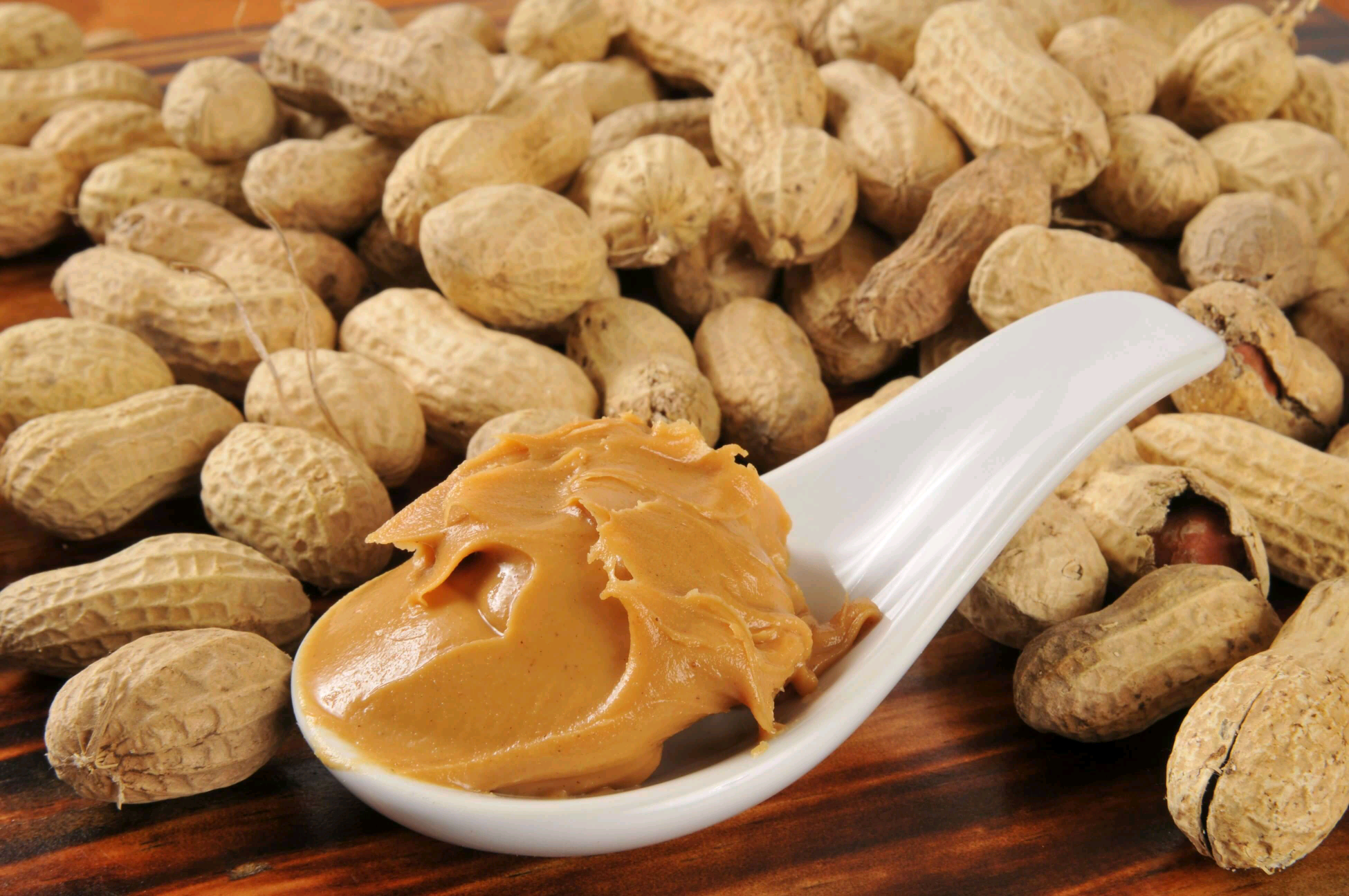Nutrition Facts Of Peanuts

Peanuts are packed with incredible nutritional benefits, the crunchy and addictive legume, have captured the hearts of many food lovers around the world. Not only are they a convenient and versatile snack, but peanuts also pack a nutritional punch that makes them an ideal addition to a balanced diet. Today, we will unravel the fascinating peanut nutrition facts.
1. Rich in Protein
Peanuts are an excellent source of plant-based protein, making them a valuable addition for vegans, vegetarians, or those looking to incorporate more plant-based proteins into their diet. Just one ounce (28 grams) of peanuts provides approximately 7 grams of protein, contributing to muscle repair and growth, as well as promoting satiety.
2. Heart-Healthy Fats
Contrary to popular belief, peanuts are a nutrient-dense food containing primarily unsaturated fats. These heart-healthy fats, including monounsaturated and polyunsaturated fats, help lower harmful LDL cholesterol levels while improving the desirable HDL cholesterol, reducing the risk of heart disease when consumed in moderation.
3. Essential Micronutrients
Peanuts pack a nutritional punch with an impressive array of essential micronutrients. They are an excellent source of vitamin E, a powerful antioxidant that protects cells from damage caused by free radicals. Additionally, peanuts provide a good amount of essential minerals such as magnesium, phosphorus, zinc, and folate, which play vital roles in supporting overall health and wellbeing.
4. Dietary Fiber for Digestive Health
Fiber, which is a key component of a healthy diet, is abundantly present in peanuts. With around 2.6 grams of fiber per ounce (28 grams), peanuts contribute to a healthy digestive system by regulating bowel movements, and preventing constipation. Therefore including peanuts in your daily diet can help you meet your recommended daily fiber intake.
5. Antioxidant Powerhouse
Peanuts are brimming with polyphenols, potent antioxidants that protect the body against cellular damage caused by oxidative stress. Regular consumption of peanuts has been linked to a reduced risk of chronic diseases such as cardiovascular disease, and certain cancers. So, not only do peanuts taste great, but they also provide a protective shield for your cells!
Conclusion
From the above peanut nutrition facts, we learn that peanuts are a flavour-packed legume, and have proven to be a nutritional powerhouse, heart-healthy fats, essential micronutrients, dietary fiber, and antioxidant properties. Incorporating peanuts into your diet offers a delicious and smart way to support overall health and wellbeing. So, the next time you reach for a snack, give peanuts a chance to amaze you with their nutritional wonders
